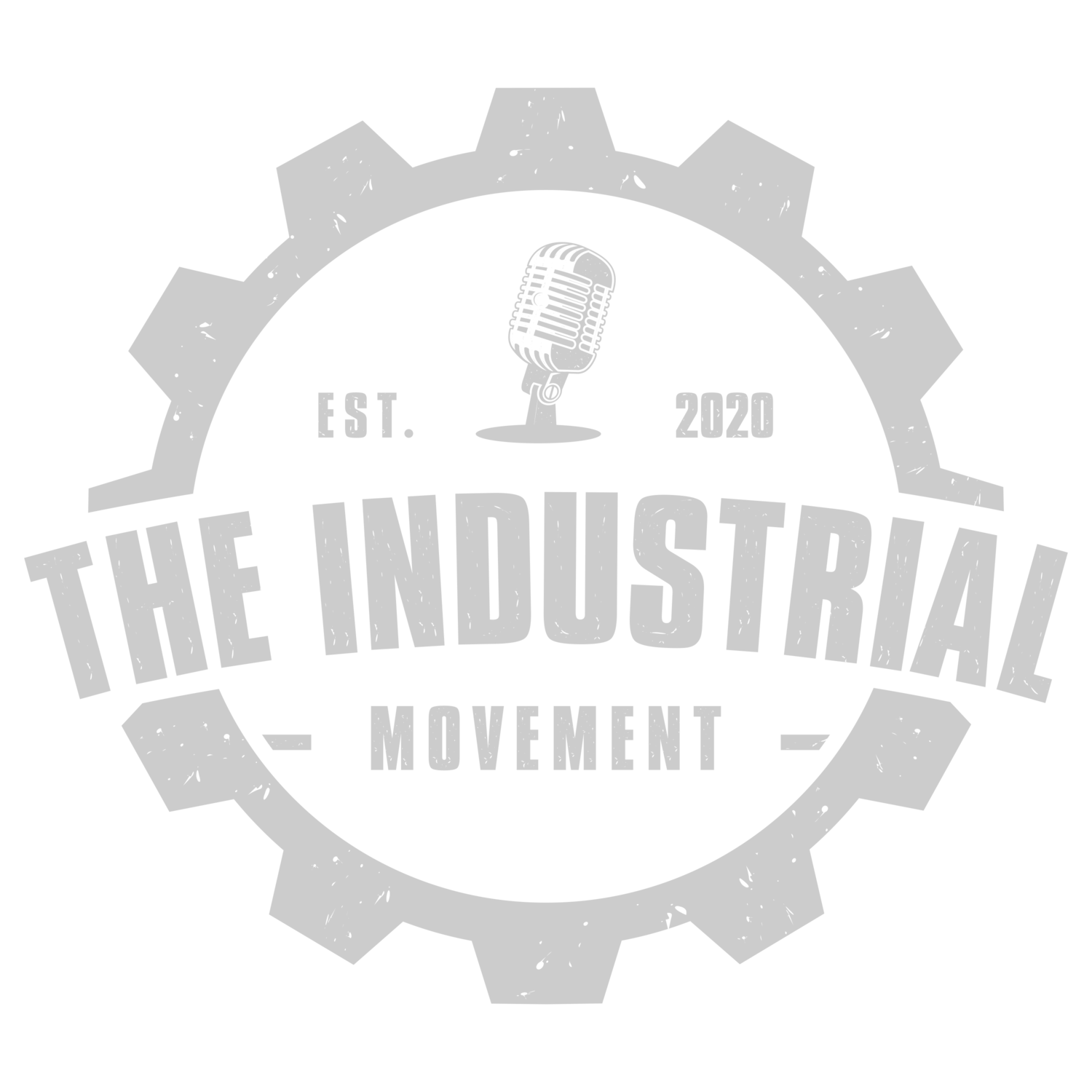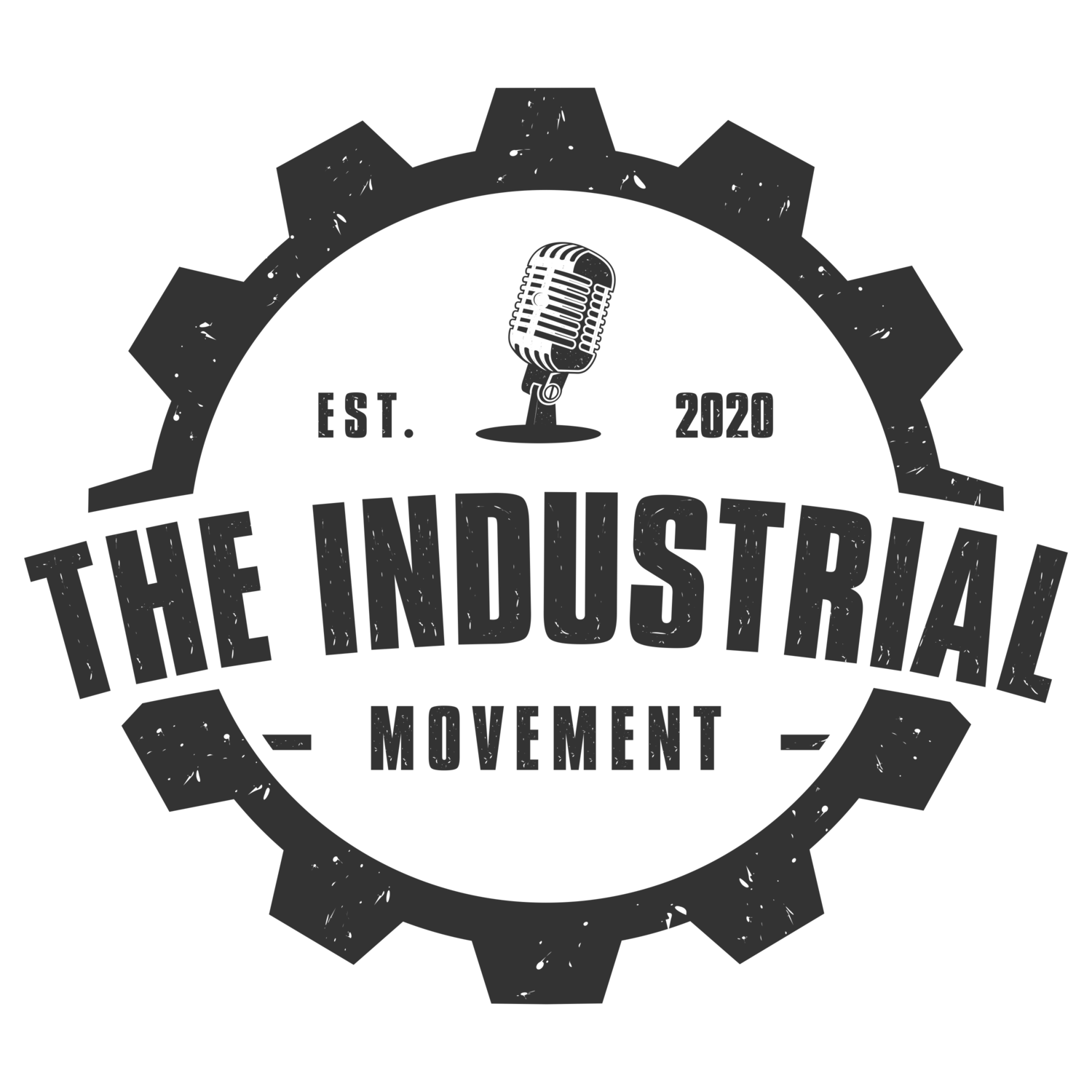Episode 5: Henry Ford - Solocast
The Efficiency and Empathy of Henry Ford.
Episode 05: Show Notes
Welcome to our first-ever solocast! And who better to focus on for our first installment, than the legendary manufacturing innovator, Henry Ford. Henry Ford’s impact on manufacturing is well documented, from mastering the moving assembly line to perfecting vertical integration in America, and his legacy is visible all around us. In today’s episode, we discuss not only his achievements in manufacturing but also how his empathy and social conscience informed his decision-making. Tuning in you’ll learn about his early life in Dearborn Michigan, his move to Detroit at the tender age of sixteen, and the eventual founding of the Ford Motor Company. Hear how Ford’s obsession with efficiency led to incredible innovations that would take the production time of a Ford Model T from a standard twelve hours to a staggering ninety-three minutes per car! We also discuss Ford’s immense investment in a massive historical outdoor village in Dearborn Michigan, where he used his wealth to acquire historically significant items from around the country. Ford had a huge impact on American and global manufacturing, but he also ushered in crucial changes in working conditions for thousands of Americans, the results of which we can still see today. We appreciate everything that Ford contributed to our society and it’s a pleasure to feature him on our very first solocast!
Key Points From This Episode:
Introducing our first solocast on an individual who’s had a noteworthy impact on manufacturing.
The figure we’ll be focusing on for today’s solocast: Henry Ford.
How Henry Ford impacted manufacturing in three main areas: the moving assembly line, welfare capitalism, and perfecting vertical integration for manufacturing in America.
Ford’s early life growing up on a farm in Dearborn, Michigan.
How his move to Detroit at sixteen introduced him to the combustion engine.
The founding of Ford Motor company in 1903 and some of its earliest investors.
How Ford’s obsession with efficiency led him to institute the moving assembly line.
The four main principles that Ford used to optimize the moving assembly line.
How instituting these principles transformed the time it took to produce a Ford Model T from twelve hours to ninety-three minutes.
Why this transformation made cars affordable to a much broader portion of the population.
The onset of World War II and how the American government commissioned Ford to produce a bomber called the B24 Liberator.
The story of how Ford met one of his biggest role models, Thomas Edison, and their subsequent friendship.
How Ford’s aversion to waste led to the invention of Kingsford briquette charcoal.
Some of the incredible attractions and historical buildings that you can see at The Henry Ford outdoor village in Dearborn, Michigan.
Examples of the many historical artifacts you can find at the village, like the chair that President Abraham Lincoln was sitting in when he was shot.
The positive impact that Henry Ford had on work standards, both in the US and globally.
Tweetables:
“Henry Ford, his main obsession in life was designing, inventing, but also he was obsessed with efficiency. That was one thing that drove him crazy was wasted time, wasted resources, wasted effort. He really was obsessed with efficiency.” — Morty Hodge [0:04:44]
“After the assembly line was introduced, the cost of the car went from $825 in 1908, down to $260 in 1925.” — Morty Hodge [0:09:39]
“I just can’t believe that Henry Ford, one of the most wealthy people at the time, used a huge chunk of his money to preserve these historical artifacts, these historical homes, historical buildings. He didn’t want to leave that up to the government to protect, he didn’t trust them.” — Morty Hodge [0:21:55]
“Henry Ford had a huge impact on American manufacturing. He had a huge impact on worldwide manufacturing, but he also had a very, very positive impact on America, and the social and the conscious efforts at that time.” — Morty Hodge [0:24:38]
Links Mentioned in Today’s Episode:
The Industrial Movement on Facebook
The Industrial Movement on LinkedIn

